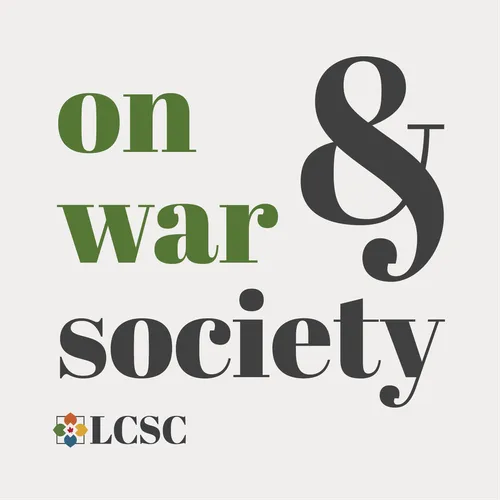
On War & Society
On War & Society features interviews with the most prominent historians of war and society. Guests discuss their cutting-edge research, the challenges associated with doing history, and life ‘behind the book.’
- Update frequency
- every 30 days
- Average duration
- 31 minutes
- Episodes
- 48
- Years Active
- 2017 - 2024

When Things Fall Apart: The Nigerian Civil War and Intervention in Humanitarian Crisis with Walter McLean
The Nigerian Civil War which began in 1967 was precipitated by a series of military coups that destabilised the nation. The southeastern Igbo region declared itself the Republic of Biafra, prompting …

Oh! What a Visual War with Beatriz Pichel
The First World War was a literary conflict producing some of the most memorable poems, novels and plays of the twentieth century. While the Second World War left behind a striking visual record, inc…

The American War in Vietnam with Rob Thompson
In 1965, in the coastal province of Phú Yên, US Armed Forces embarked on an effort to pacify one of the least-secured regions of South Vietnam. Often described as the “other war” to win the “Hearts a…

In the Path of War with David Borys
Canada’s military history in Northwest Europe has been told many times. On 6 June 1944, Canadian forces landed on Juno Beach as part of Operation Overlord, before quickly establishing a bridgehead an…
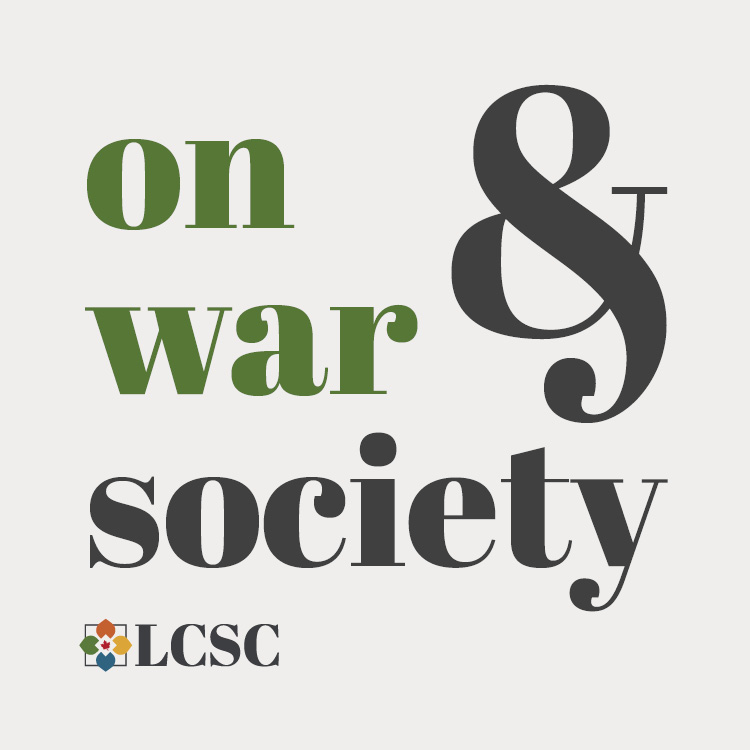
Broken Promises with Christopher Capozzola
The United States and the Philippines have been intimately bound by conflict. A US colony from 1898 to 1946, it remained an important US ally in the Pacific. In that time, hundreds of thousands of Fi…
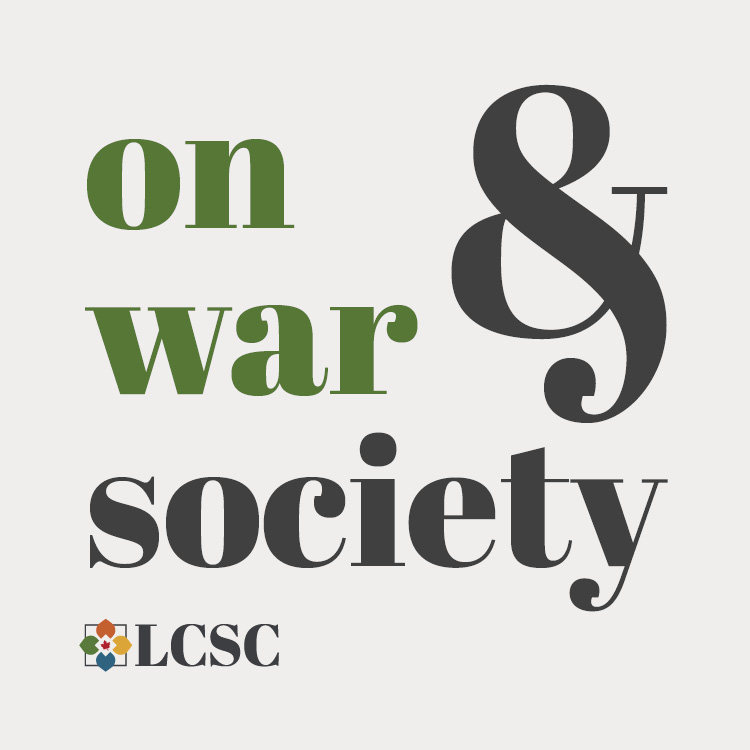
A Curious Case of Shell Shock with Joy Porter
In April 1918, Canadian soldier Frank Toronto Prewett was buried alive on the Western Front. Managing to claw his way out of the earth, Prewett was reborn but with a lasting trauma that manifested in…

A War of Emotions with Lucy Noakes
The first half of Britain’s twentieth century was shaped by death. Between 1914 and 1918, over 700,000 men died in the First World War, followed by another 250,000 between 1918 and 1919 from the infl…

The Great War at Home with Martha Hanna
For a long time historians studying the First World War had to rely on the memoirs of soldiers, but over the last several decades, more and more letters have made their way into the archives as famil…
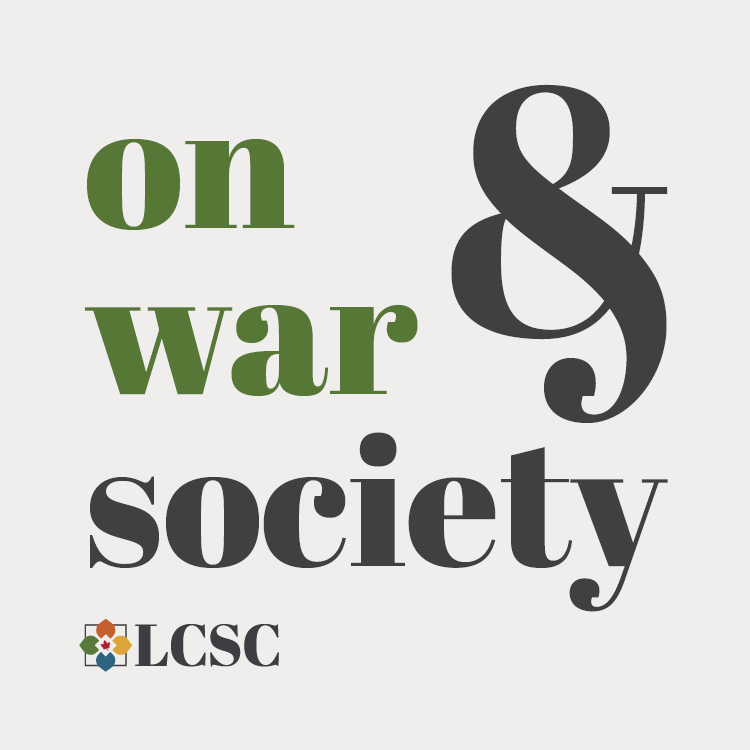
Biodefense and the War on Terror with Gwen D'Arcangelis
In the aftermath of the September 11 terrorist attacks, five people were killed and another seventeen were injured from anthrax spores as part of a deliberate attack against members of the US media a…
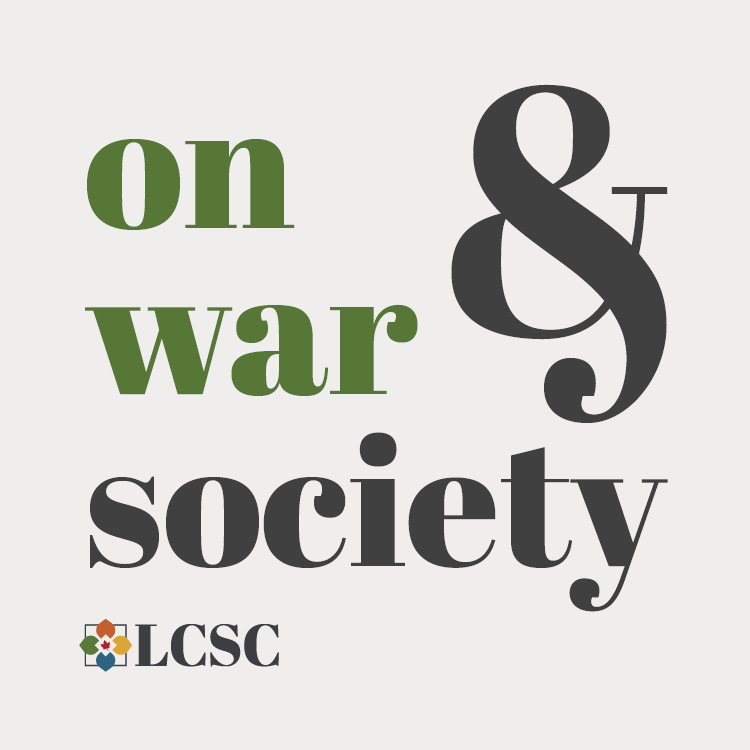
Disaster in Halifax, 1917 with Roger Sarty
On the morning of 6 December 1917 two cargo vessells, the SS Mant Blanc and SS Imo collided in Halifax Harbour. The resulting catastrophic explosion occurred thousands of miles away from the Western …

Reclaiming Canada's Second World War with Tim Cook
In his new book The Fight for History: 75 Years of Forgetting, Remembering and Remaking Canada’s Second World War, Tim Cook reminds us that "if we do not tell our own stories, no one else will." But …
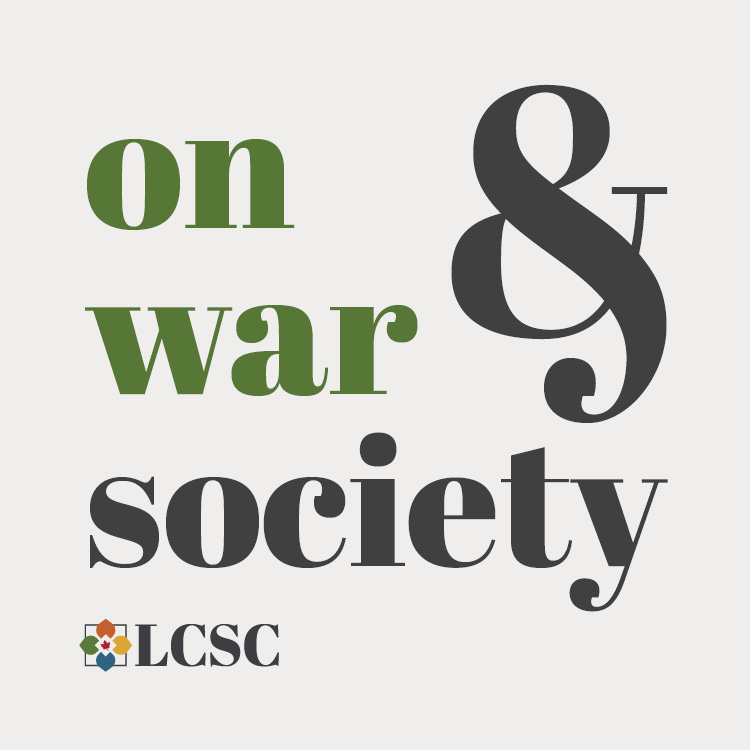
The Black Watch Snipers with David O'Keefe
David O’Keefe is the author of One Day in August: The Untold Story Behind Canada’s Tragedy at Dieppe and his most recent book, Seven Days in Hell: Canada’s Battle for Normandy and the Rise of the Bla…

Episode 35 - Writing Public History with Tim Cook
Tim Cook is a historian at the Canadian War Museum a two-time winner of the CP Stacey Award for the best book in the field of Canadian history, the 2009 winner of the Charles Taylor Prize for Literar…

Episode 34 - The Medic's Tale with Ted Barris
At the age of 13, Ted Barris asked his father a common question: “Dad what did you do in the war?” This began a fifty-seven-year investigation into his father’s war experiences as a sergeant medic in…

Episode 33 - Voicing Dissent during the First World War
Henri Bourassa was a French Canadian nationalist, politician, journalist, and “one of the most…vocal voices of dissent in Canada during the First World War.” Despite Bourassa’s significance on the Ca…
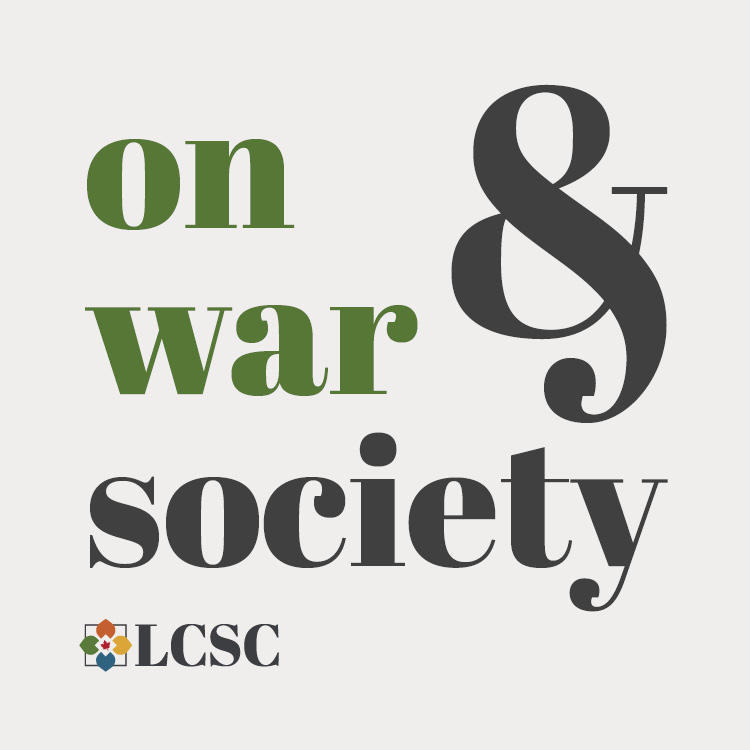
Episode 32 - The American Civil War: Under the Knife
Approximately 750,000 people were killed over four years during the American Civil War, two-thirds of these fatalities were caused by disease. This staggering death count was a shock to American phys…

Episode 31 - Haunted by Hitler
In the summer of 1937, Canadian Prime Minister William Lyon MacKenzie King spent four days in Berlin. He arrived at Friedrichstrasse Station, home of the impressive U-bahn subway which was built in p…

Episode 30 - Malplaquet: The Myth of Decisive Battle
Bankruptcy, famine in the countryside, and a starving army were just some of the crises facing Louis XIV in 1709. Eight years into the War of the Spanish Succession, the allied armies led by the Duke…
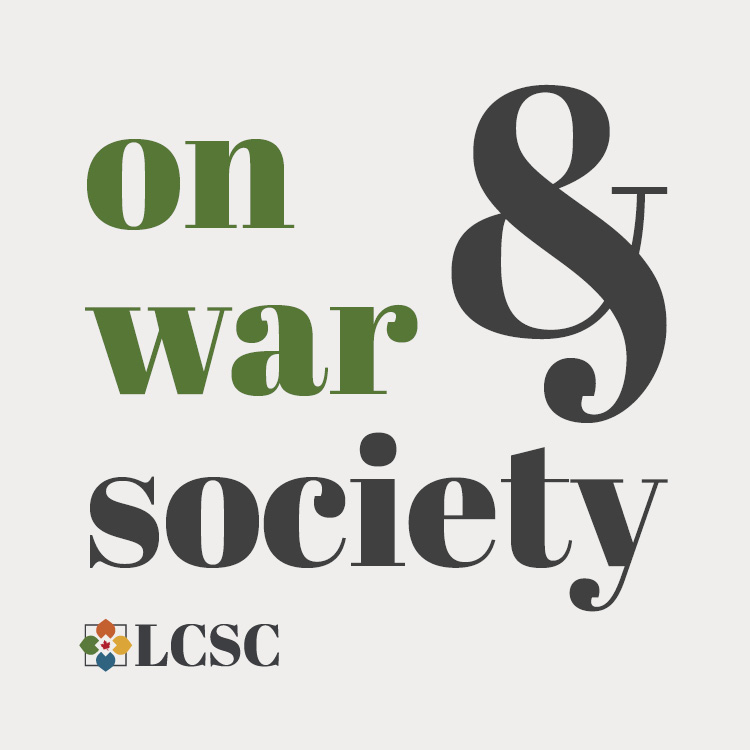
Episode 29 - Making a Historian
On this month's episode Of On War and Society, Kyle Pritchard sits down with Dr Roger Sarty to discuss the life and career of CP Stacey. Sarty explains how CP Stacey went from being a young student w…
